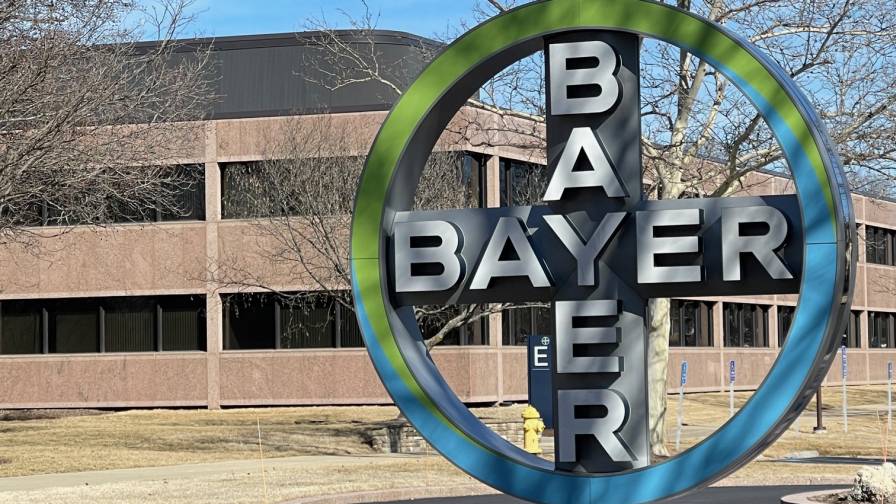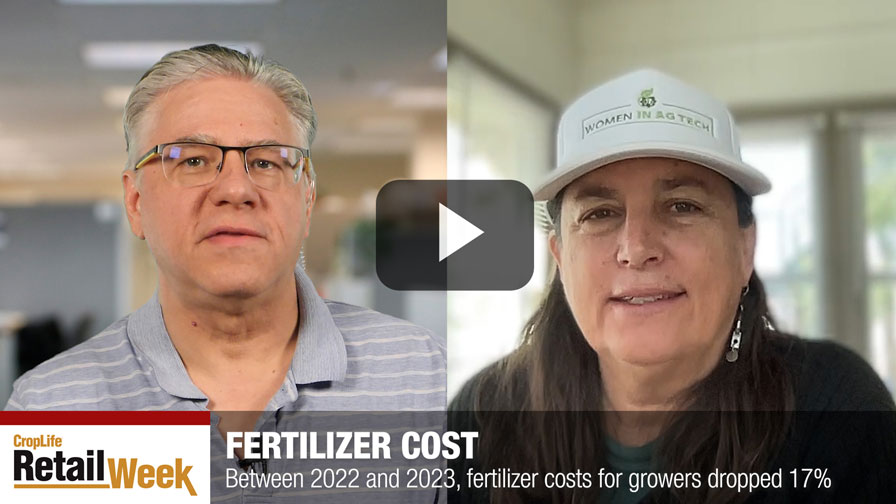Agribusiness Supply Chain: A Bumpy Ride for Transportation in 2023?
Ask anyone associated with the agricultural business a subject that has kept them “up at night” the past few years and chances are many would answer with one word: Transportation. As the world entered and then emerged from the global pandemic, the ability (or inability, as was true in many cases) to move products from where they originated to where they needed to be was of paramount importance to many companies. These numerous supply chain snarls directly led to product shortages and skyrocketing prices throughout much of 2021 and 2022.
Given these facts, many agricultural folks heading into the 2023 growing season are probably wondering what the transportation outlook is for this year. We have covered this topic a lot in recent months. In addition, the recent Illinois Fertilizer & Chemical Association (IFCA) Annual Meeting also provided some insights into this topic.
During one of its panel discussions, IFCA assembled three representatives from the ag retailer and transportation industries to talk about the outlook for the three major forms of agricultural transportation — trucks, rail, and barges. In a nutshell, each of these industries has its own set of challenges going forward, mostly around simply finding workers and raw materials.
First to speak was Kirby Wagner, Associate Manager, Government Relations, at GROWMARK. He spoke about the trucking industry, focusing much attention on the shortage of CDL drivers.
“The focus needs to be on workforce, not only in trucking but for the entire business of agriculture in 2023,” Wagner said. “We’ve got a post-COVID world where it really enhanced retirements. You’ve seen a lot of retirements in the trucking industry, so there are a lot of openings. The way the trucking industry has changed is drivers now get to pick when they haul their loads.” He also pointed out that there are 400,000 fewer people in the trucking workforce than pre-COVID, so there are less workers for companies to pick from.
Peter Skosey, Executive Director, State Government Affairs, at BNSF Railway, reiterated this “lack of people” point, saying that “until the railways get completed staff, we are going to have some challenges.”
The final panel speaker, Tom Torretti, General Manager, Sales and Marketing, for Consolidated Grain and Barge Co., looked at the outlook for waterway transportation for 2023. He told attendees that expensive steel costs would keep companies from building new barges this year as older ones are retired from service, keeping the available barge fleet sizes smaller than normal. Torretti also pointed out that four locks on the Illinois River will be closed for long overdue maintenance in 2023, between June and September. Overall, he said, this means fewer barges to work with, fewer waterways to use, and more expensive costs to ship via barge for this year.
“I guess my suggestion to all of you, given what I just said, is to plan early, and hope like heck that your product gets to where it needs to when it needs to,” Torretti advised.






